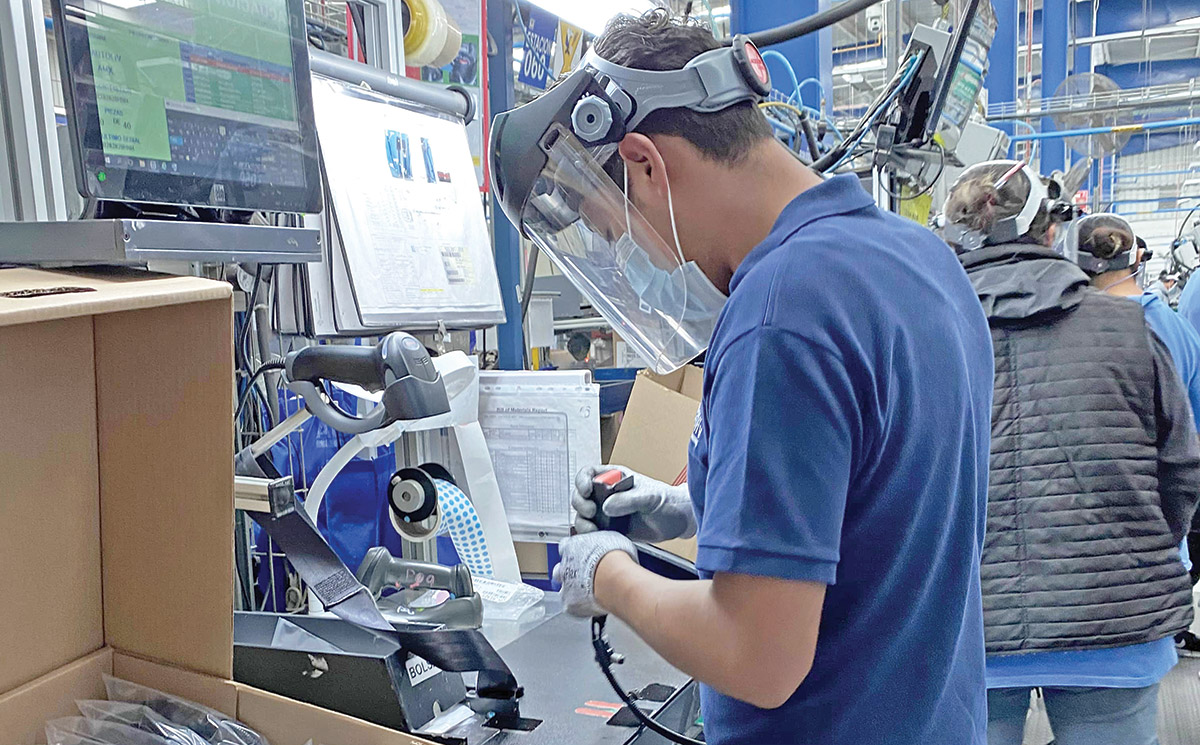Mexico’s automotive industry is voicing concern about a “challenging outlook” ahead of the 2026 review of the United States-Mexico-Canada Agreement (USMCA). Executives cite stricter rules of origin and closer scrutiny of Asian content in components as key issues.
At the CIAN automotive conference, heavy vehicle manufacturers noted the difficulty of meeting trade requirements under the agreement. To qualify for tariff exemptions, the USMCA requires a growing share of vehicle parts to originate in North America—rising from 64% in 2024 to 70% by 2027.
“Changing the rule now is not viable, since components cross borders several times before final assembly,” said Rogelio García, president of the National Association of Bus, Truck and Tractor-Trailer Manufacturers (ANPACT).
Industry concerns have grown following U.S. President Donald Trump’s recent announcement of plans to impose a 25% tariff on imported heavy trucks.
Rogelio Garza, head of the Mexican Automotive Industry Association (AMIA), called for stronger coordination across North American industry groups, stressing that “it is the same industry.”
Meanwhile, Mexico is considering raising tariffs on cars from China and other Asian countries to 50% as part of a broader import strategy aimed at protecting jobs and addressing U.S. concerns, according to analysts.
Francisco González, president of the National Auto Parts Industry (INA), emphasized the importance of developing smaller local suppliers (Tier-2 and Tier-3) to strengthen supply chains and advance capabilities in software and electronics.
Despite the challenges, industry leaders expressed cautious optimism. “The outlook is complex, but we are prepared,” Garza concluded.
Source: Forbes México




